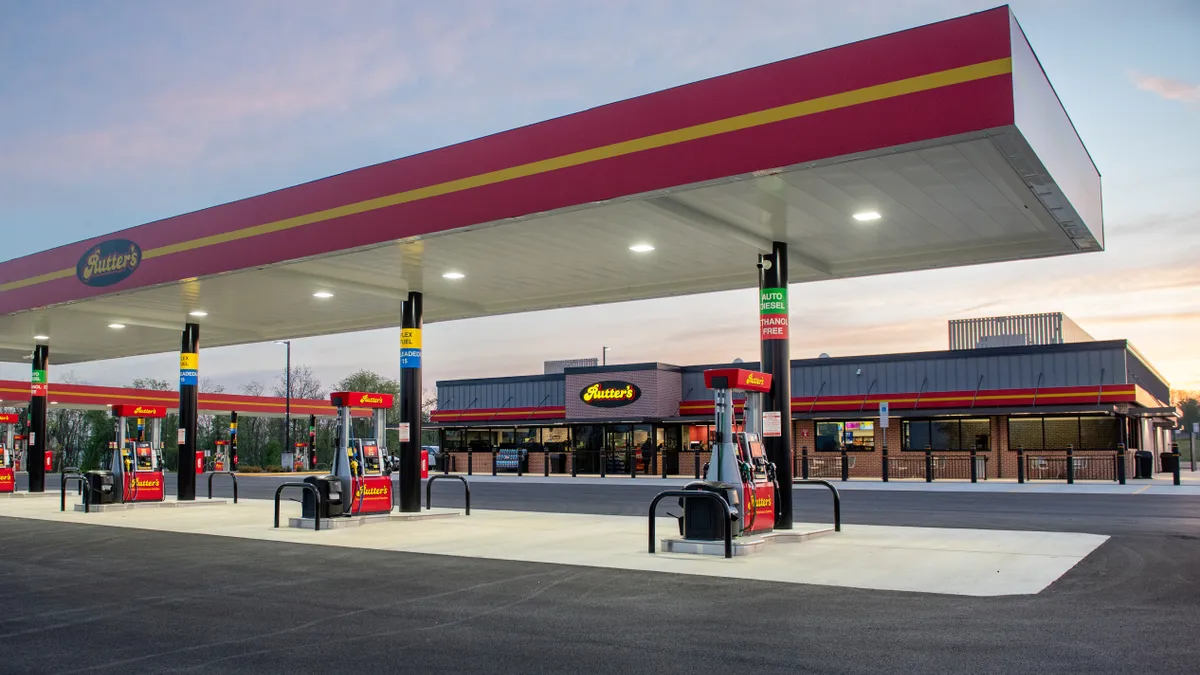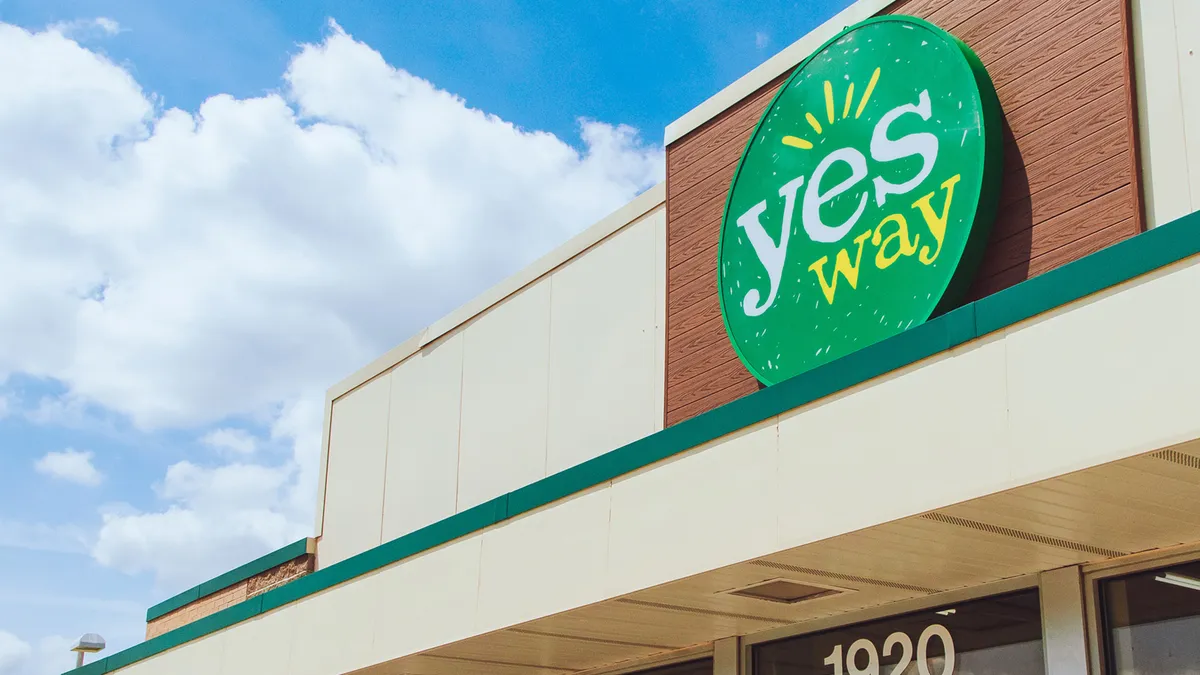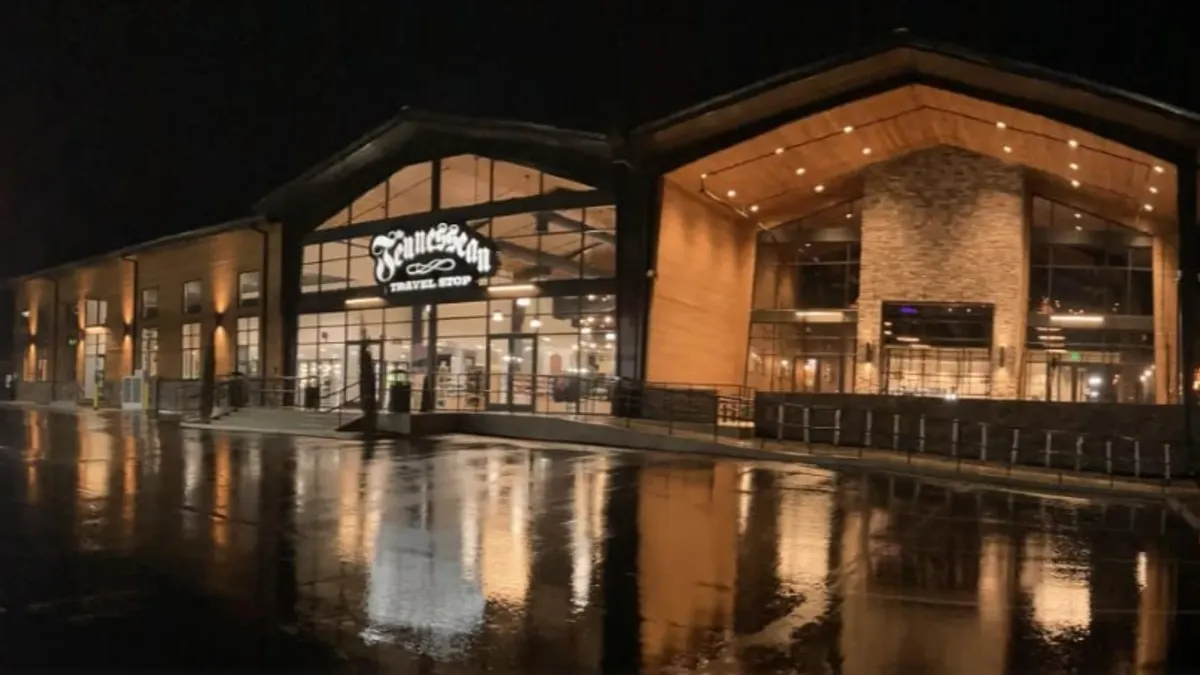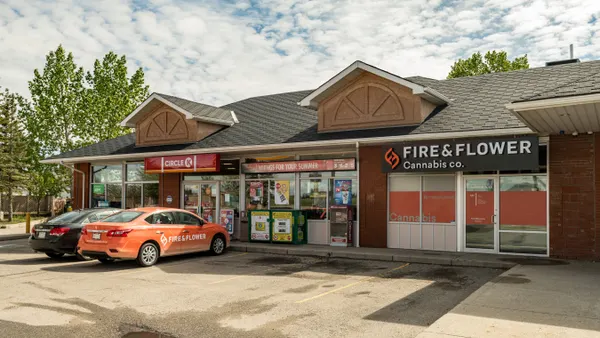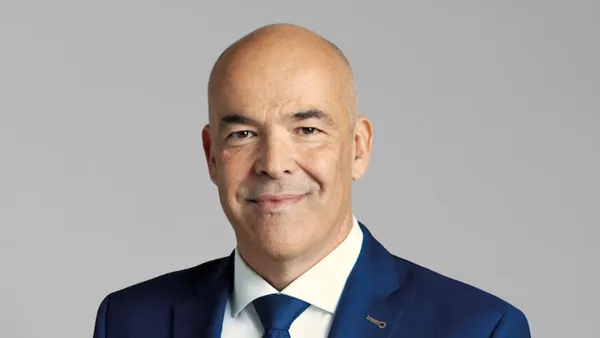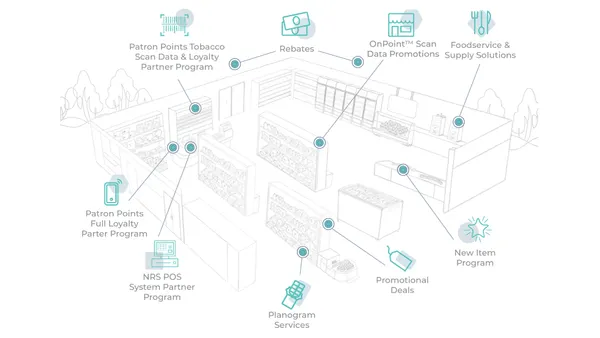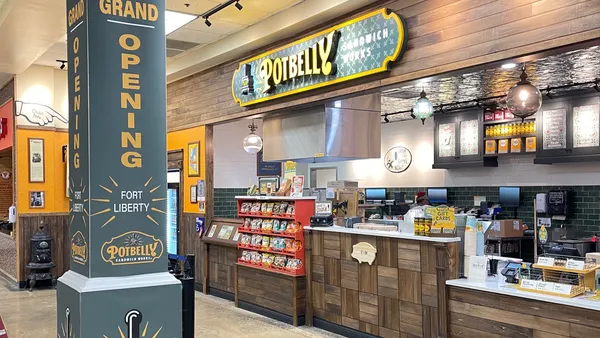From national chains to regional upstarts, some of the c-store industry’s fastest-growing companies are supercharging their expansions with eye-catching new store formats.
There’s no single approach that convenience retailers are taking with these updated pit stops. Some have turned up the volume on foodservice, while others are building larger stores that pack in more products and services. And some, like Murphy USA and 7-Eleven, are rolling out next-generation stores that look to capitalize on core strengths.
New-look stores can breathe life into a company’s bottom line by drawing more customers into their aisles. For years, retailers have openly discussed the difficulties they face in enticing people to venture beyond the fuel canopy.
But tinkering with the tried-and-true c-store model comes with considerable risks. Urban markets and other fuel-less locations, for instance, have struggled to make headway with consumers.
As the industry’s appetite for growth intensifies, look for c-store retailers to continue testing and scaling new types of stores. Here’s a look at four that have made waves recently with their new designs.
Kent Companies focuses on foodservice
The Kent Companies recently promoted one of its soon-to-open stores in Texas as an “all-in-one destination.” The location, which follows a new design that’s rolled out to a few Kent Kwik stores so far, includes two car wash bays, a drive-thru window and even a dog wash.
The star of the store is the Kwik Eats Deli, which includes a host of made-to-order foods across all dayparts, including burgers, pizza, breakfast burritos and chicken sandwiches.
Kent, which has around 110 c-stores in the Southwest and Southeast, grew its store count by nearly 50% between spring 2023 and the end of last year. Its latest store format underscores just how important evolving as a merchant is to its growth plans.
Murphy USA’s productive new builds
Murphy’s updated design has so far proved to be incredibly productive for the company. Since rolling out last year, the format has produced nearly 40% better merchandise margins and 20% more fuel gallons sold than Murphy’s traditional stores, the retailer reported during its recent earnings call.
What’s the secret? From the looks of it, there isn’t a standout feature that’s driving traffic. Rather, these sites boast improved execution on a number of fronts.
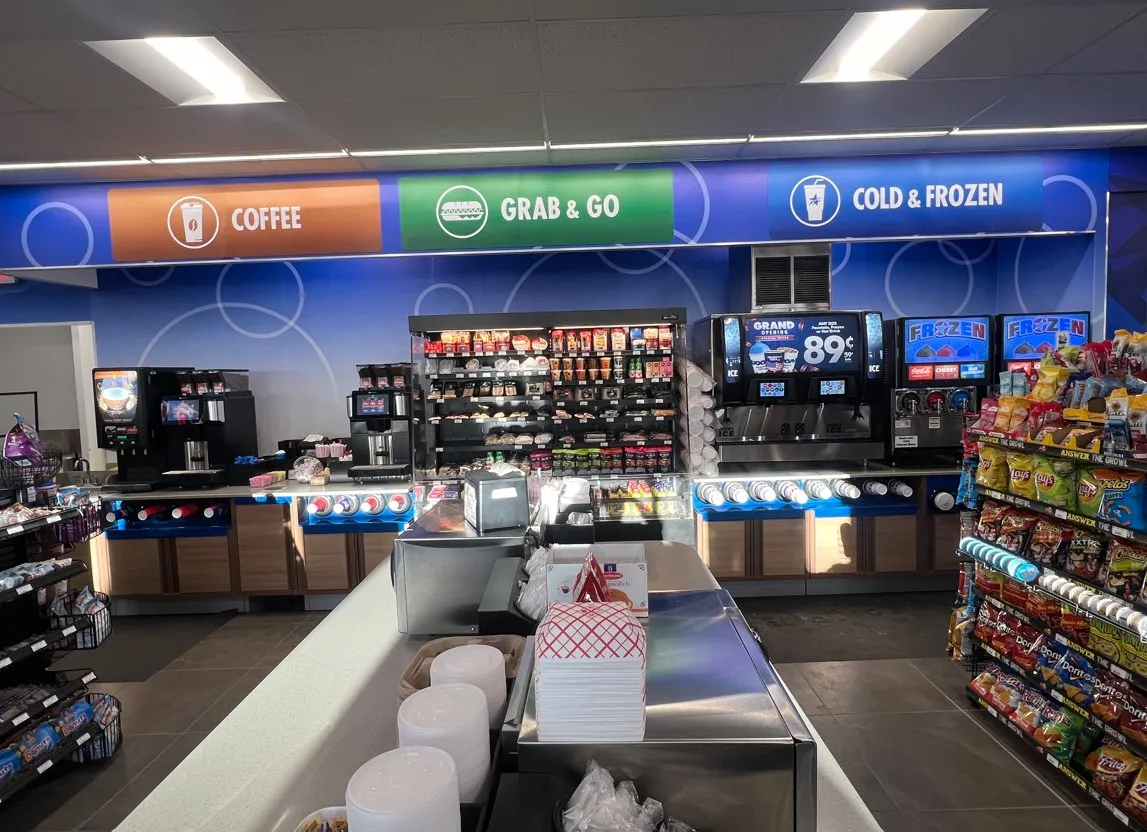
A location C-Store Dive visited in Texas earlier this year, for example, featured a foodservice destination across the back wall with dispensed beverages and a grab-and-go cooler. Both services traditionally have appeared near the center of stores. The Texas location also includes a “Fixin’ Bar” with mix-ins that customers can add to their food and drink selections, in a nod to the growing focus on customization across the convenience industry.
The new location showcased a revamped beverage case and general merchandise section, and is laid out in a way that allows workers to see the entire store from the front register.
Last year, Murphy added 32 new-to-industry stores and it has 50 in the pipeline for this year. Judging by the performance so far, it won’t be slowing down that growth anytime soon.
Rutter’s believes bigger is better
Pennsylvania-based Rutters has big expansion plans — and a bigger store model to accompany them.
Over the past two years, the company has been opening stores that are between 10,000 and 12,000 square feet, about a quarter larger than its legacy locations. Geared toward more than just a quick run for snacks and a drink, the locations feature spacious foodservice areas that often include seating, along with gaming terminals and beer caves.
Now, Rutter’s is going even bigger with a pair of 14,000-square foot stores that double down on entertainment. The plans include a bar area with several TVs, a wide selection of alcoholic beverages and gaming terminals. Pictures of the adults-only area of one of the locations call to mind a sportsbar rather than a convenience store.
Rutter’s is currently in the middle of a plan that aims to bring its store count to 130 locations by 2028. As it expands into new states like Delaware and Virginia, it’s betting on large, destination-worthy stores to bring in customers.
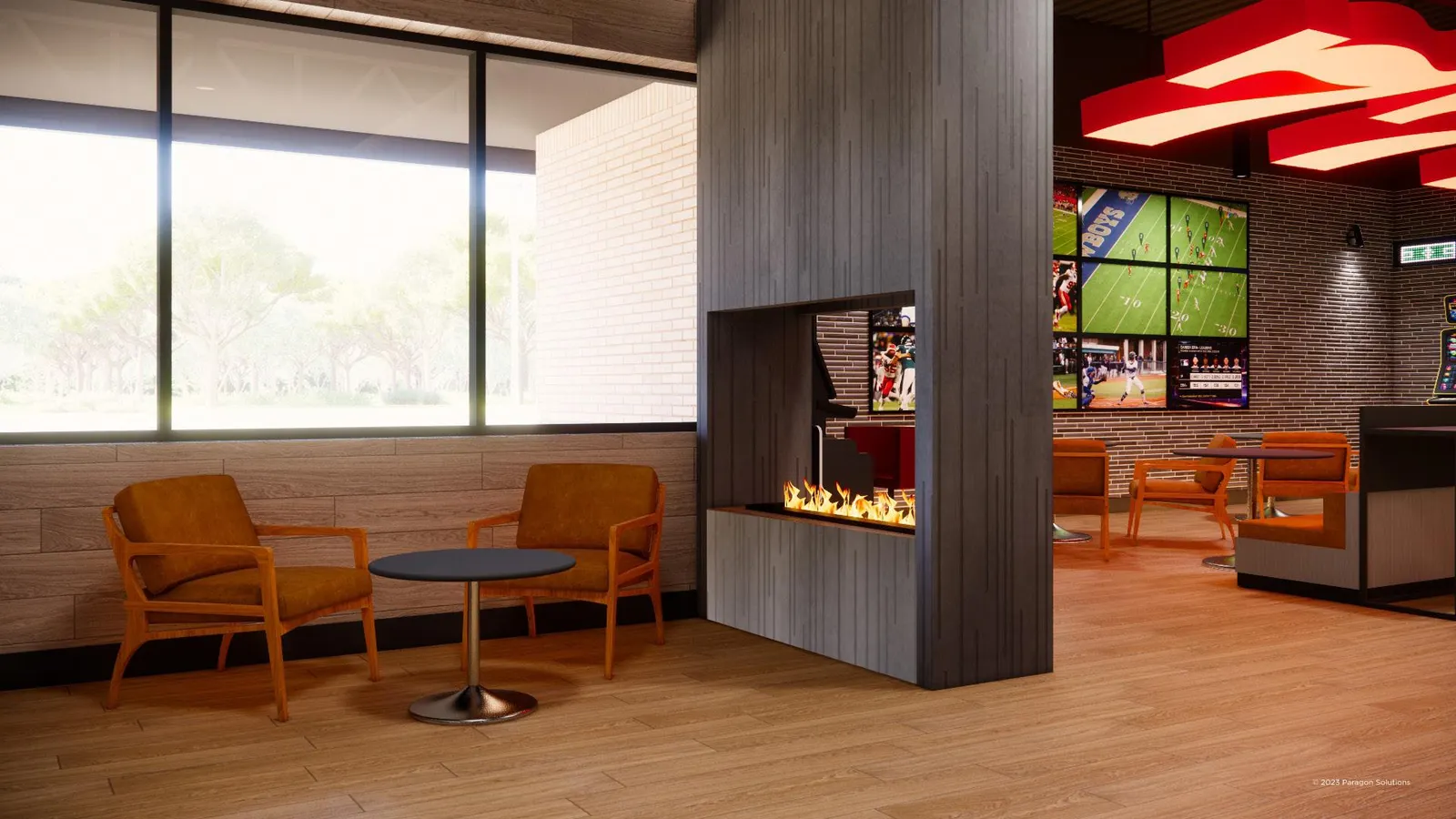
Arko looks to Fas Craves to fuel organic growth
Arko Corp., parent of convenience retailer GPM Investments, is pulling back on acquisitions and plowing more money into organic growth and store updates.
The latest step in this plan is a new store model that focuses on foodservice. These locations — the first of which is a Fas Mart in Richmond, Virginia — will offer a new branded program called Fas Craves that includes an array of c-store favorites across dayparts, from baked goods to pizza and roller grill dogs, President and CEO Arie Kotler said during Arko’s recent earnings call.
Arko plans to open seven stores under this new model by the end of the year, after which the company will apply lessons learned from the sites across its 1,300 company-owned c-stores, Kotler said.
Along with updates to its Fas Rewards loyalty program, Arko is hoping this new format will be a key ingredient in its recipe for growth over the next few years


